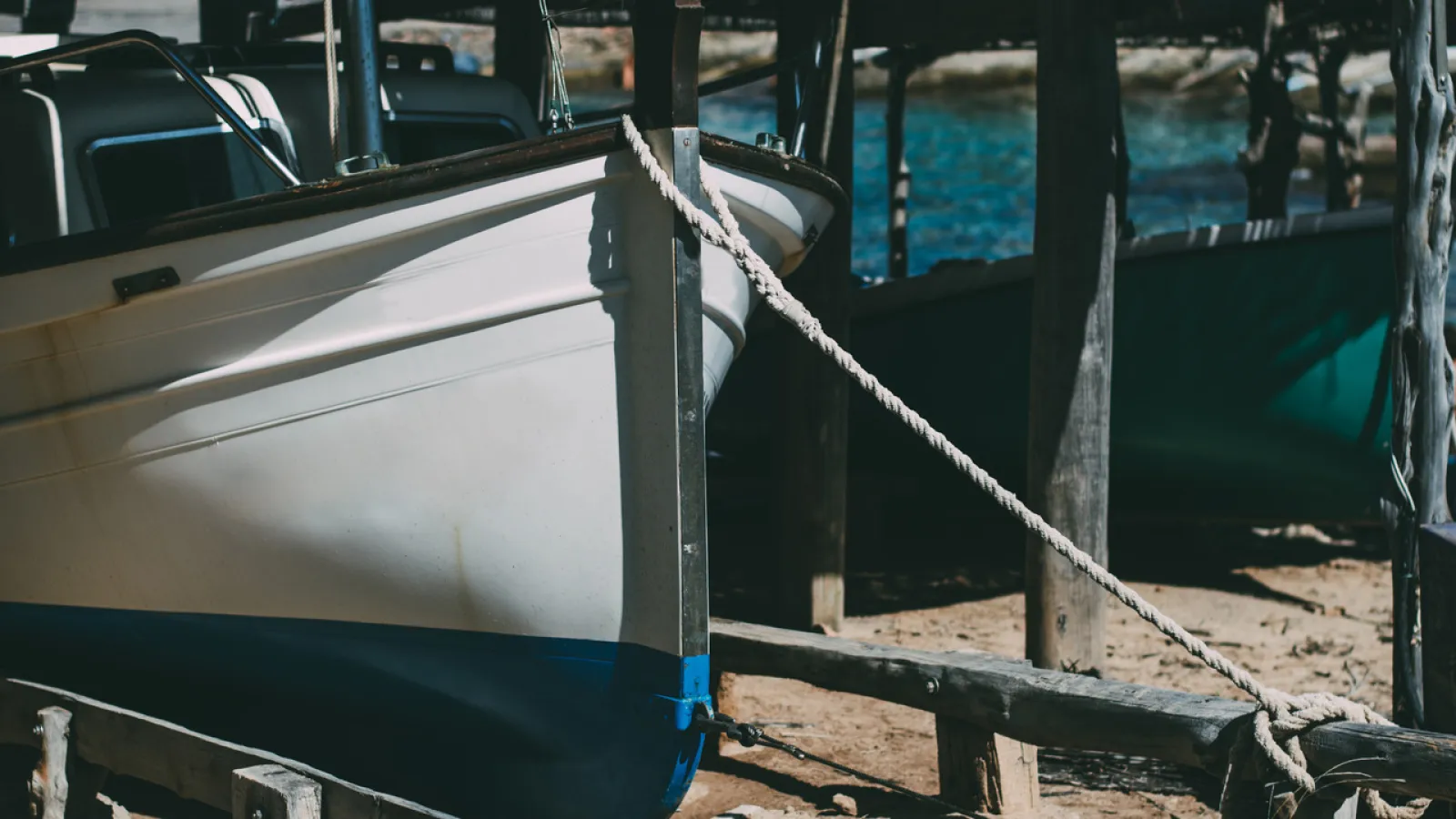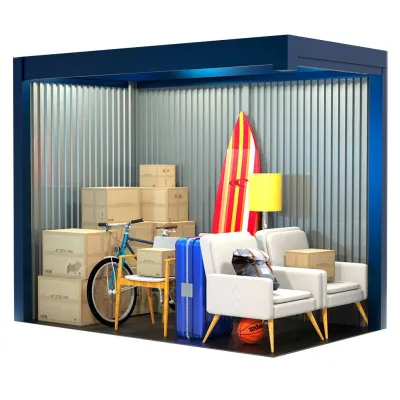
Freshwater vs Saltwater Boat Maintenance & Storage
Sailing the pristine, calm waters of a freshwater lake is a completely different experience from tackling the open seas of the Atlantic.
Boat owners, especially our Southern readers, often struggle with transitioning their boating safely and effectively between freshwater boating and saltwater boating. The hull, engine, and various other components of a boat are affected differently by freshwater and saltwater environments, which requires owners to adapt their maintenance and storage practices accordingly.
This comprehensive guide is made for adventurous boat owners navigating the waters of both worlds. Learn about freshwater vs saltwater maintenance, boat storage options, and how to properly care for your vessel in different environments.
Is It Safe to Use the Same Boat in Freshwater and Saltwater?
The short answer is yes, you can.
While it is possible to use the same boat in both freshwater and saltwater, it requires a different approach when it comes to maintenance and storage. The two environments have distinct characteristics that can affect the longevity and performance of your vessel.
Freshwater boating may seem easier on your boat as there is less corrosion and buildup compared to saltwater. However, freshwater contains minerals that can cause scale—or calcification—and clog up your engine. On the other hand, saltwater is highly corrosive and can damage metal parts if not properly maintained.
Hull Maintenance
For freshwater vs saltwater hull maintenance, you'll want to keep a few things in mind.
In freshwater, your boat may accumulate algae and other organic growth on the hull, which can lead to reduced speed and fuel efficiency. In saltwater, barnacles and other marine organisms can attach themselves to the hull and cause significant damage if left unchecked.
Freshwater Hull Maintenance
To maintain your hull in freshwater, regular cleaning and waxing is essential. Use a mild detergent and soft-bristled brush to remove any algae or buildup from the hull. Be sure to rinse thoroughly with fresh water to prevent any leftover residue.
Saltwater Hull Maintenance
In saltwater, it is crucial to frequently inspect the hull for signs of damage or growth. If you notice any barnacles or other organisms, it's best to remove them as soon as possible using a scraper or brush. A protective coating or antifouling paint can also be applied to prevent any further buildup.
Engine Maintenance
The engine is the heart of your boat and requires proper maintenance regardless of whether you're in freshwater or saltwater. Make sure to read the owner's manual and seek annual engine service in addition to your own best practices.
Freshwater Engine Maintenance
In freshwater, the main concern is scale buildup. This can clog up your engine and reduce its performance. To prevent this, it's important to flush your engine with fresh water after each use and use a descaling agent regularly.
Saltwater Engine Maintenance
Saltwater presents a different set of challenges for boat engines due to its corrosive nature. It's important to flush your engine after each use with fresh water and use a corrosion inhibitor to protect metal parts. Regular maintenance and inspections are also necessary to catch any potential issues early on.
The Metal & Electrical Components
Metal parts and electrical systems can suffer in saltwater, with galvanic corrosion posing a significant threat. Meanwhile, freshwater settings tend to be much gentler on a boat's components.
Freshwater Metal and Electrical
Although freshwater may not accelerate corrosion as dramatically as saltwater, it's still essential to check for pitting and address any signs of oxidation early. Electrical components must also be kept dry to avoid short circuits.
Saltwater Metal and Electrical
Galvanic corrosion, which occurs when dissimilar metals are submerged in an electrolyte like saltwater, is a significant concern for saltwater boaters. Regular inspection of grounding systems, sacrificial anodes, and protection methods such as painting or coating can help mitigate this risk.
Storage Considerations for Freshwater Vs Saltwater
Ensuring your vessel's healthy condition during storage or transit between freshwater boating and saltwater boating is as important as any on-water maintenance procedure.
Freshwater Boat Storage
Storing a freshwater boat typically involves a more straightforward preparation process, focusing on ensuring it is clean, dry, and free from any mildew or mold. This preparation is necessary to avoid any buildup or corrosion during the winter months.
Preparing for Saltwater Boat Storage
Storing a boat after saltwater use requires additional steps compared to freshwater to ensure that the corrosive effects of salt are thoroughly mitigated. Initially, a thorough wash-down of the boat with fresh water is critical to remove salt residue from both the hull and the deck.
Special attention should be paid to flushing the engine with fresh water to remove any saltwater that could lead to corrosion. Applying a corrosion inhibitor to metal components and a protective wax coating to the hull can further safeguard the boat during storage.
It's also advisable to remove any electronic equipment and store it in a dry, moisture-free environment to prevent salt air from causing damage. These preventative measures help maintain the integrity and longevity of the boat's systems and structure while stored after exposure to saltwater environments.
In Summary—A Balance of Different Maintenance Practices
Maintaining a boat for both freshwater and saltwater boating requires a combination of different maintenance practices.
In freshwater, regular cleaning and waxing of the hull are critical to prevent algae and mineral buildup. Flushing the engine with fresh water after each use is also essential to prevent scale buildup.
In saltwater, it's important to frequently inspect and clean the hull to prevent any damage from marine growth. Flushing the engine, using a corrosion inhibitor, and regular maintenance are also crucial to protecting metal components.
Proper storage procedures for both freshwater and saltwater environments help prolong the life of your boat and ensure it's ready for smooth sailing in any type of water.
No Matter the Water, Midgard Self Storage Has You Covered
Whether you're a freshwater or saltwater boater, Midgard Self Storage is here to provide secure and convenient boat storage options. With locations near popular waterways throughout the South, we make storing your boat between adventures easy.
Contact us today to learn more about our storage options for all types of boats!








